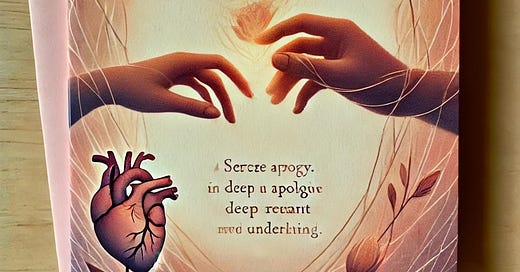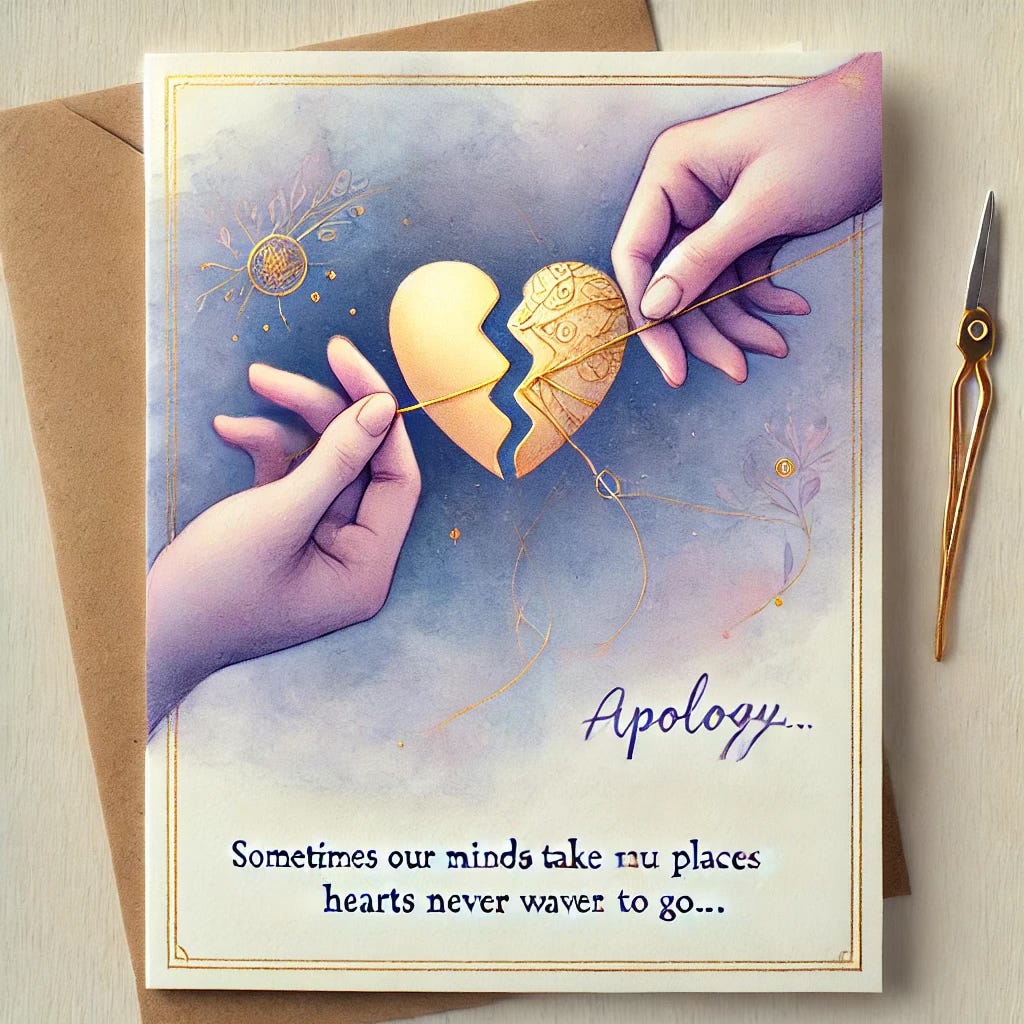Psychosis can be frightening. It's a state of mind in which you believe things that, after the episode remits, you realize are not true.
Psychosis can include hallucinations— sensory experiences, most commonly hearing voices that other people can't hear because they arise from inside your brain. The other major flavor of psychosis is delusional thoughts. Those are fixed false beliefs that other people can't shake— and you can't shake— even when presented with disconfirmatory evidence.
It's not just schizophrenia that has psychosis as a symptom. Mood disorders, like depression and bipolar disorder, frequently have psychotic features. That's depression or mania getting you detached from reality. OCD can also get so bad that obsessive thoughts can become psychotic, post-traumatic stress disorder can also…etc., etc. About 5% of the population will hear voices. Many more, we have a delusional belief. These are common phenomena. Clinical High Risk (‘CHR’) for psychosis—people on the edge of psychosis and veering over the line from time to time, are also common:
In the general population (k = 13, n = 26,835 individuals evaluated), the prevalence of the CHR-P state was 1.7% (95% Confidence Interval (CI) = 1.0–2.9%).1
In depression, a population study in Spain called 18,980 people to ask. They found:
In all, 18.5% of the subjects who fulfilled the criteria for a major depressive episode had psychotic features.
Breaking it down further,
Among these subjects, 12.5% had either delusions or hallucinations. More than 10% of the subjects who reported feelings of worthlessness or guilt and suicidal thoughts also had delusions. Feelings of worthlessness or guilt were also associated with high rates of hallucinations (9.7%) and combinations of hallucinations and delusions (4.5%). The current prevalence of major depressive episodes with psychotic features was 0.4% (95% CI=0.35%–0.54%),2
In bipolar disorder, across both the (dubious in my mind) Bipolar II (‘BDII’) and Bipolar I (‘BDI’) diagnoses, the lifetime prevalence—in a meta-analysis of Fifty-four studies (N = 23,461) of adults with Bipolar— the rate of psychotic symptoms was high.
The pooled lifetime prevalence of psychotic symptoms in BDI was 63% (95% CI 57.5–68) and 22% (95% CI 14–33) in BDII.
If we look at people who land in a hospital with bipolar I:
For BDI inpatients, the pooled lifetime prevalence was 71% (95% CI 61–79).
In terms of how often people with bipolar were psychotic in the current episode (point-prevalence = people in a study having psychotic symptoms when evaluated in that study population):
The pooled point prevalence of psychotic symptoms in BDI was 54% (95 CI 41–67). The point prevalence was 57% (95% CI 47–66) in manic episodes and 13% (95% CI 7–23.5) in depressive episodes.3
All of which is to say— psychotic symptoms are common in people with mood disorders and common in people with other disorders. For people who have experienced psychosis, even transiently, it can feel shameful. These false beliefs are disturbing to different people and can undermine their relationships. An example:
You can believe your partner wants to kill you. You might then choose to break up with that partner— which would make sense if someone wanted to kill you. Which is the kind of thing one could believe in a state of psychosis. Later, once your brain is back in working order, and it becomes clear that that was never true, you are stuck deciding what to do about what happened.
I have a solution to propose today, the day after World Mental Health Day. We need to make the process of making amends for things our human brethren did when psychotic easier. I also think this is a business opportunity. I propose a Hallmark Card—even a line of Hallmark Cards.
“I'm sorry— I was psychotic.” It's probably not prominently on the rack, but it should be there. Mania, which can lead to high-risk sexual behavior, gambling, foolish business investments, or other “pleasurable activities with a high potential for painful consequences,” similarly and commonly leaves a trial of shitty feelings.
“I had sex with your best friend. The doctors now tell me I was manic.
I am so sorry that happened. Taking my lithium!”
It shouldn’t be the responsibility of people with disabling mental health conditions to figure out how to do this all on their own. Pre-made Hallmark cards will also be destigmatizing! Is it so common? Yes, we have a whole section of gift cards pre-written to express how you feel.
Let’s make it easier for people suffering, as we do with other condolence situations, with normalizing gift cards. Chat GPT sucked at those images. I’m sure actual apology card professionals can do better.
Salazar de Pablo, G., Woods, S. W., Drymonitou, G., de Diego, H., & Fusar-Poli, P. (2021). Prevalence of individuals at clinical high-risk of psychosis in the general population and clinical samples: systematic review and meta-analysis. Brain sciences, 11(11), 1544.
Ohayon, M. M., & Schatzberg, A. F. (2002). Prevalence of depressive episodes with psychotic features in the general population. American Journal of Psychiatry, 159(11), 1855-1861.
Aminoff SR, Onyeka IN, Ødegaard M, et al. Lifetime and point prevalence of psychotic symptoms in adults with bipolar disorders: a systematic review and meta-analysis. Psychological Medicine. 2022;52(13):2413-2425. doi:10.1017/S003329172200201X






Also, your writing skills are amazing. I can’t get enough of reading the things you write, truly.
Steroid-induced psychosis from prednisone should certainly have a card. I knew someone who changed her phone number four times and claimed someone broke into the house for the sole purpose of "stealing" her Bible with the intention of changing the text. 🥲🙃